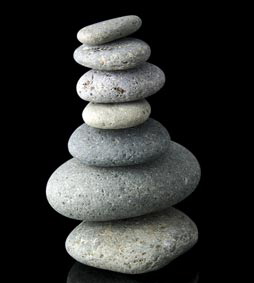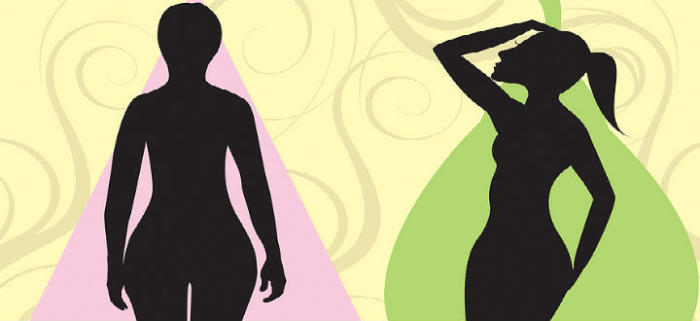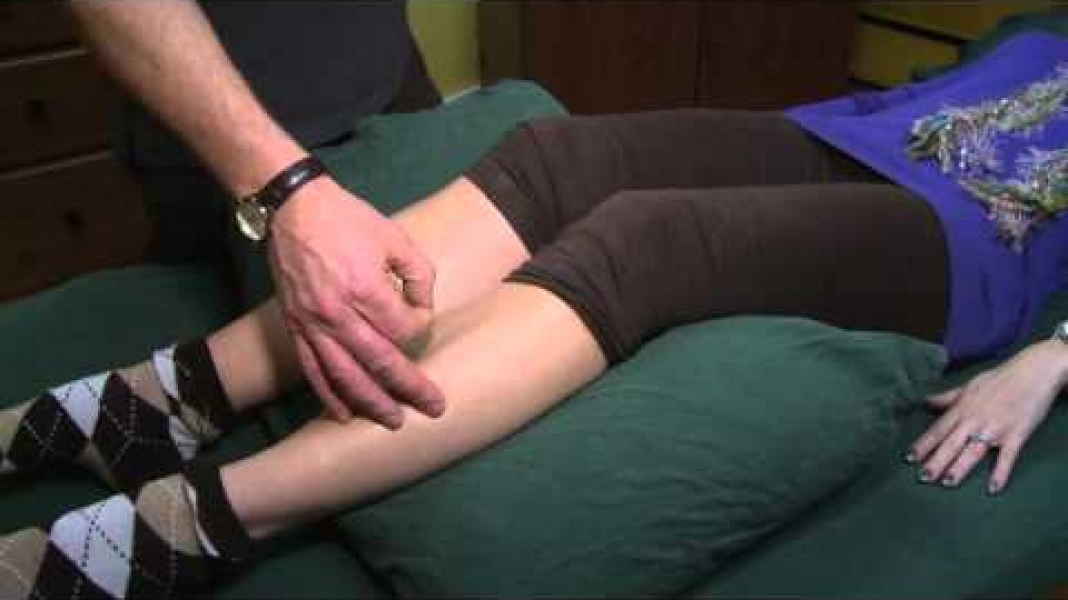Our team helps you remove obstacles in finding your shape

Acupuncture, massage, and exercise work by supporting your inherent tendency to be in health, acting through many vital systems such as the autonomic nervous system, immune system, and endocrine/hormone system.
Injuries may prevent you from losing weight
Injuries can interfere with an active lifestyle needed to lose and keep weight off. With appropriate exercise and rehabilitative strategies, our team helps you find your shape through acupuncture and therapeutic massage!
- Knee arthritis
- Low back pain
- Neck pain and tension
- Shoulder dysfunction
- Tennis Elbow
- Carpal Tunnel Syndrome
Stress and Hormone imbalances can contribute to weight gain
Hormone imbalances can contribute to weight gain.
Acupuncture facilitates hormone changes in overweight people. These hormones are associated with weight change, satiety, and appetite and were connected to significant weight loss and reduced BMI for the acupuncture group compared to the “sham” (false) acupuncture group in recent research.
Our team can help you with hormone imbalances associated with:
- Chronic stress
- Hypothryoidism
- Infertility
- PMS
- Menopause
- Pregnancy and breastfeeding
Chronic stress shifts a body’s metabolism toward depositing more deep abdominal (belly) fat, which is associated with increased risk of heart disease and other pathologies. Research shows that acupuncture reduces the body’s stress response (ie. normalizing the nervous system’s fight/flight activity). Healthy lifestyle choices aid not only in losing and redistributing weight, but also in preventing disease. Our team assists you in losing weight by:
- Decreasing your stress hormones cortisol & adrenalin, the long and short term responses of the fight or flight nervous system.
- Deactivating the amygdala, the primordial fight or flight centre in your midbrain.
Diet and digestion factors
Our traditional and modern approaches to treat digestion problems can help you eat well and absorb important nutrients better. Acupuncture, massage, and herbal therapies can all influence metabolism.
We help you to monitor your energy, feelings, and body’s responses in relation to your diet and exercise. This information is used to create treatment plans with you, which are tailored to your personal goals and health needs.
Psychological and Emotional Issues
The mind and body are not separate. Modern research continues to show how metabolism and health are affected by our very thoughts. Our holistic therapy practice acknowledges the mind and body together. Patients often experience a sense of well-being after treatments, and a greater internal awareness. These positive effects can lead to further action and understanding such as:
- Seeking support & counseling
- Examining attitudes on body image
- Understanding your appetite
Scientific Rationale and Evidence
Below are some of the many references we believe support that acupuncture works in context to our discussion on weight management.
1. How might acupuncture work? A systematic review of physiologic rationales from clinical trials. 2006 Moffet, H.H.. BMC Complementary and Alternative Medicine, 6:25
2. FMRI connectivity analysis of acupuncture effects on an amygdala-associated brain network. Liu, Y. et al. 2008. Molecular Pain, 4:55.
3. Effectiveness of Acupuncture as Adjunctive Therapy in Osteoarthritis of the Knee; RCT. Berman, B.M. et al. 2004 Annals of Intern Med. 141-12; pp 901-11.
4, Effectiveness of Acupuncture for Low Back Pain: A Systematic Review . Yuan, J. et al. 2008. SPINE 33- 23, pp E887–900 (23 clinical trials and 6359 patients).
5. Randomized Controlled Trials of Acupuncture for Neck Pain: Systematic Review and Meta-Analysis (2009). Fu, L-M et al. J Alter Comp Med, 15- 2, pp. 133–45 (14 clinical trials).
6. Single-point acupuncture and physiotherapy for the treatment of painful shoulder:a multicentre RCT (2008). Vas, J. et al. Rheumatology. 47:pp 887–93
7. Acupuncture for the alleviation of lateral epicondyle pain: a systematic review (2004). Rheumatology. 43: pp 1085–90.
8. Acupuncture in Patients With Carpal Tunnel Syndrome: RCT (2009). Clin J Pain. 25-4; pp 327-33.
9. Acupuncture in patients with dysmenorrhea: a randomized study on clinical effectiveness and cost-effectiveness in usual care. 2008. Witt CM, et al. Am J Obstet Gynecol 198:166.e1-166.e8.
10 Effect of acupuncture on the outcome of in vitro fertilization and intracytoplasmic sperm injection: a randomized, prospective, controlled clinical study. 2006. Dieterle S, et al.. Fertil Steril 85:1347–51.
11. A randomized controlled trial of acupuncture for initiation of labor in nulliparous women. 2006 Harper TC, et al.. The Journal of Maternal-Fetal and Neonatal Medicine, 19: 465-
12. Araek T & Malterud K. (2009) Acupuncture for menopausal hot flashes: a qualitative study about patient experiences. J Altern Complement Med 15: 153-158.
13. Stress and Body Shape: Stress-Induced cortisol secretion is consistently greater among women with central fat. 2000. Ickovics, J.R. et al. Psychosomatic Medicine 62:623–632.
14. Molecules of Emotion. The science behind mind-body medicine. 1997. Pert, C.B. Simon and Schuster.
15. Influence of acupuncture on leptin, ghrelin, insulin and cholecystokinin in obese women: a randomised, sham-controlled preliminary trial. 2012. Güçel, F. et al. Acup. Med.




